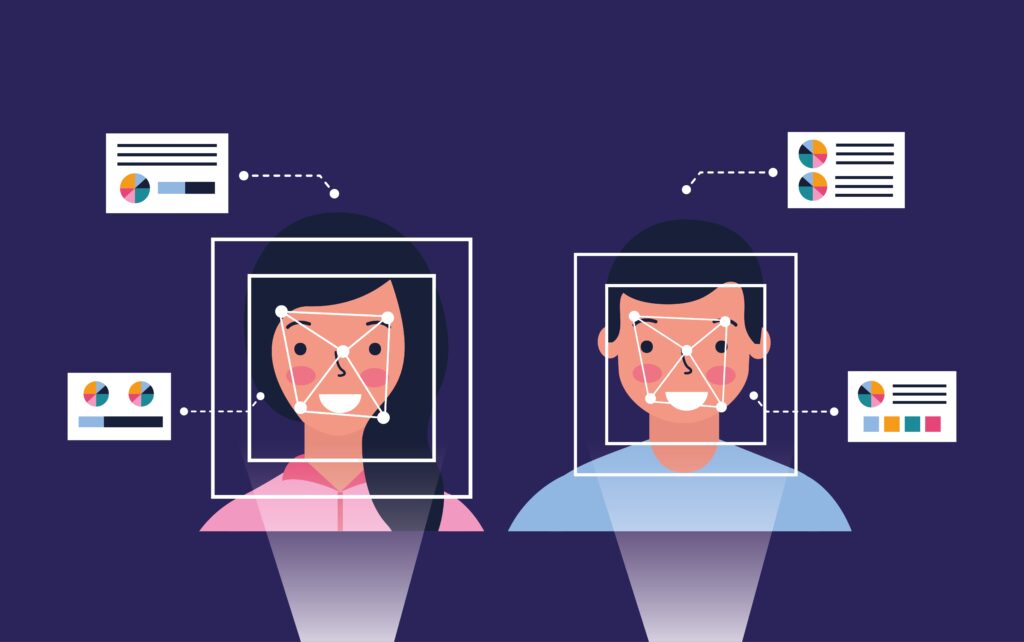India confronts rising deepfake abuse as AI tools spread
High-profile deepfake cases highlight growing concerns over political misuse, online safety and digital manipulation.

Deepfake abuse is accelerating across India as AI tools make it easy to fabricate convincing videos and images. Researchers warn that manipulated media now fuels fraud, political disinformation and targeted harassment. Public awareness often lags behind the pace of generative technology.
Recent cases involving Ranveer Singh and Aamir Khan showed how synthetic political endorsements can spread rapidly online. Investigators say cloned voices and fabricated footage circulated widely during election periods. Rights groups warn that such incidents undermine trust in media and public institutions.
Women face rising risks from non-consensual deepfakes used for harassment, blackmail and intimidation. Cases involving Rashmika Mandanna and Girija Oak intensified calls for stronger protections. Victims report significant emotional harm as edited images spread online.
Security analysts warn that deepfakes pose growing risks to privacy, dignity and personal safety. Users can watch for cues such as uneven lighting, distorted edges, or overly clean audio. Experts also advise limiting the sharing of media and using strong passwords and privacy controls.
Digital safety groups urge people to avoid engaging with manipulated content and to report suspected abuse promptly. Awareness and early detection remain critical as cases continue to rise. Policymakers are being encouraged to expand safeguards and invest in public education on emerging risks associated with AI.
Would you like to learn more about AI, tech, and digital diplomacy? If so, ask our Diplo chatbot!
